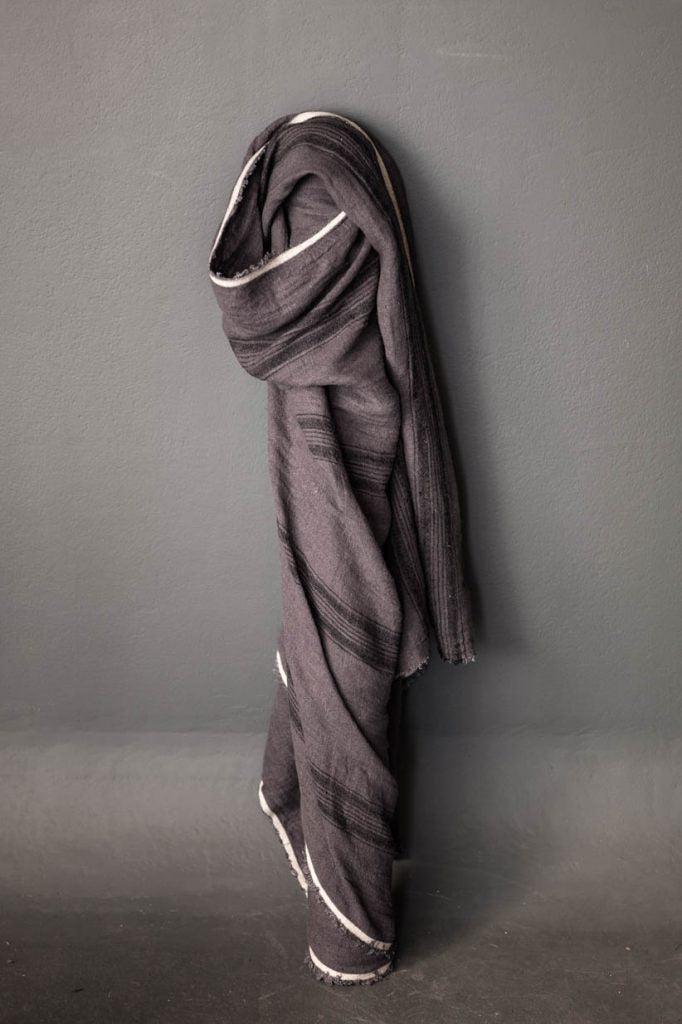Four Stripe Linen - Slate - Merchant & Mills
Four Stripe Linen - Slate - Merchant & Mills
Couldn't load pickup availability
A slubby linen ideal for oversized cushions, relaxed curtains or any home project. This linen has a fairly open weave.
Mid slate grey. This linen has four black stripes running through it.
We have 5 colours in this range.
- Stripe repeat 29cm, stripe width 7cm.
- 100% linen
- 120cm wide.
- This fabric is prewashed.
- If you are going to use this linen for curtains we recommend lining them to avoid sun damage.
- Made in India.
- Wash cool. Do not tumble. Shake out and dry flat. Iron cool.
Samples NOT available.
****PLEASE NOTE: all textiles are sold per 1/2meter/yard
If you require 1 full meter = QTY 2, 2 meters = QTY 4 etc...
More about linen:
Linen is naturally stain resistant, does not pile, and is moth repellent. It is easy to wash as it can sustain high temperatures, is has very little if no shrinkage and is very strong.
It is anti-bacterial, anti-fungal, hypo allergenic and thermoregulating, it will also absorb up 20% moisture before feeling damp.
As the linen fibres have low elasticity (which causes it to crease) it will wear in any areas that are repeatedly folded in the same place for a long time, however it does have much better abrasion resistance than say cotton.
Eco Credentials:
Flax is a strong plant. It needs little or no fertilisers and due to the local climate, little extra water. It doesn’t really require many pesticides either as it can grow in poor quality soil. The Advisory Commission Report to the European Parliament stated that flax cultivation has positive effects on eco-system diversity as it allows for an “environmental pause”. One hectare of flax can retain 3.7 tonnes of CO2. Every part of the plant is used, what isn’t used to produce linen can be used to make linseed oil, paper, cattle feed or even soap.
Linen is therefore almost naturally organic. It is completely biodegradable, recyclable and due to its natural absorbency, it requires less dye than cotton. Linen therefore scores high on the ecological chart.
Care Instructions
Care Instructions
It is recommended that all of our fabric (except those that have specific care instructions noted in the product description ie. Wool) be washed in cool/cold water, no chlorine bleach or fabric softeners, phosphate free soap, tumble dry low with like colors or to maximize longevity, line dry.
Thread Colour Matching Service
Thread Colour Matching Service
We offer in house thread colour matching service! CLICK HERE
Simply add the thread of choice to your order
If you have more than 1 textile in your cart, please make note of which textile you want the thread to match and the warehouse will choose the best suitable thread for your fabric.
Shipping + Ordering
Shipping + Ordering
Share


